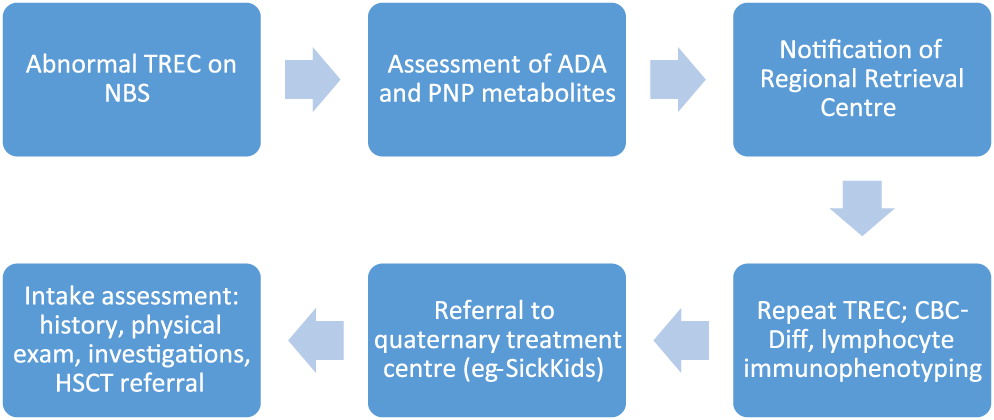


The NSAC was established in 2019 as an independent advisory committee to advise the Minister and Department of Health on all new proposals for population-based screening programmes and revisions to existing programmes.The Health Information and Quality Authority (HIQA) has today published the following document: o Protocol for the Health Technology Assessment of the addition of severe combined immunodeficiency (SCID) to the National Newborn Bloodspot Screening Programme.Marty Whelan, Head of Communications and Stakeholder Engagement 0 / to the editor:

#Scid assessment full
The full Health Technology Assessment will be published in due course. You can find the protocol from the link at the top of the page. This is why we are conducting this in-depth assessment.” These include how accurate a screening test is, whether or not early detection has a positive effect on treatment, and if there are any significant ethical, resource or organisational challenges to be considered. The benefit of screening can be considerable as it can often allow treatment to start earlier than if an infant presents clinically however, there are a large number of factors to consider when examining the appropriateness of a screening programme. The NNBSP is considered to be an important public health initiative with a high uptake rate. The NNBSP screens for several rare but serious conditions in Ireland. The report resulting from the assessment will be provided to the National Screening Advisory Committee (NSAC) later this year, and will inform a decision regarding the potential inclusion of SCID in Ireland’s NNBSP.ĭr Máirín Ryan, HIQA’s Deputy CEO, and Director of Health Technology Assessment, said: “With Rare Disease Day occurring earlier this week, it is timely that we are publishing this protocol. In September 2021, NSAC requested that HIQA undertake an assessment to examine the clinical, social, economic, organisational and ethical issues related to including all SCID subtypes in the NNBSP. Screening for a ninth condition, ADA-SCID, one specific type of SCID, is currently being implemented. The NNBSP provides newborn bloodspot screening (also referred to as the 'heel prick test'), within the first 72 to 120 hours of life, and currently screens for eight conditions. SCID is a rare genetic condition which causes a child to have a very weak immune system, and therefore be very vulnerable to infection. The protocol explains and describes the evidence synthesis approach that HIQA’s team will use to complete this piece of work. HIQA has published the protocol for its next Health Technology Assessment (HTA) on the potential addition of severe combined immunodeficiency (SCID) to the National Newborn Bloodspot Screening Programme (NNBSP). Acute and Community Healthcare Services.


 0 kommentar(er)
0 kommentar(er)
